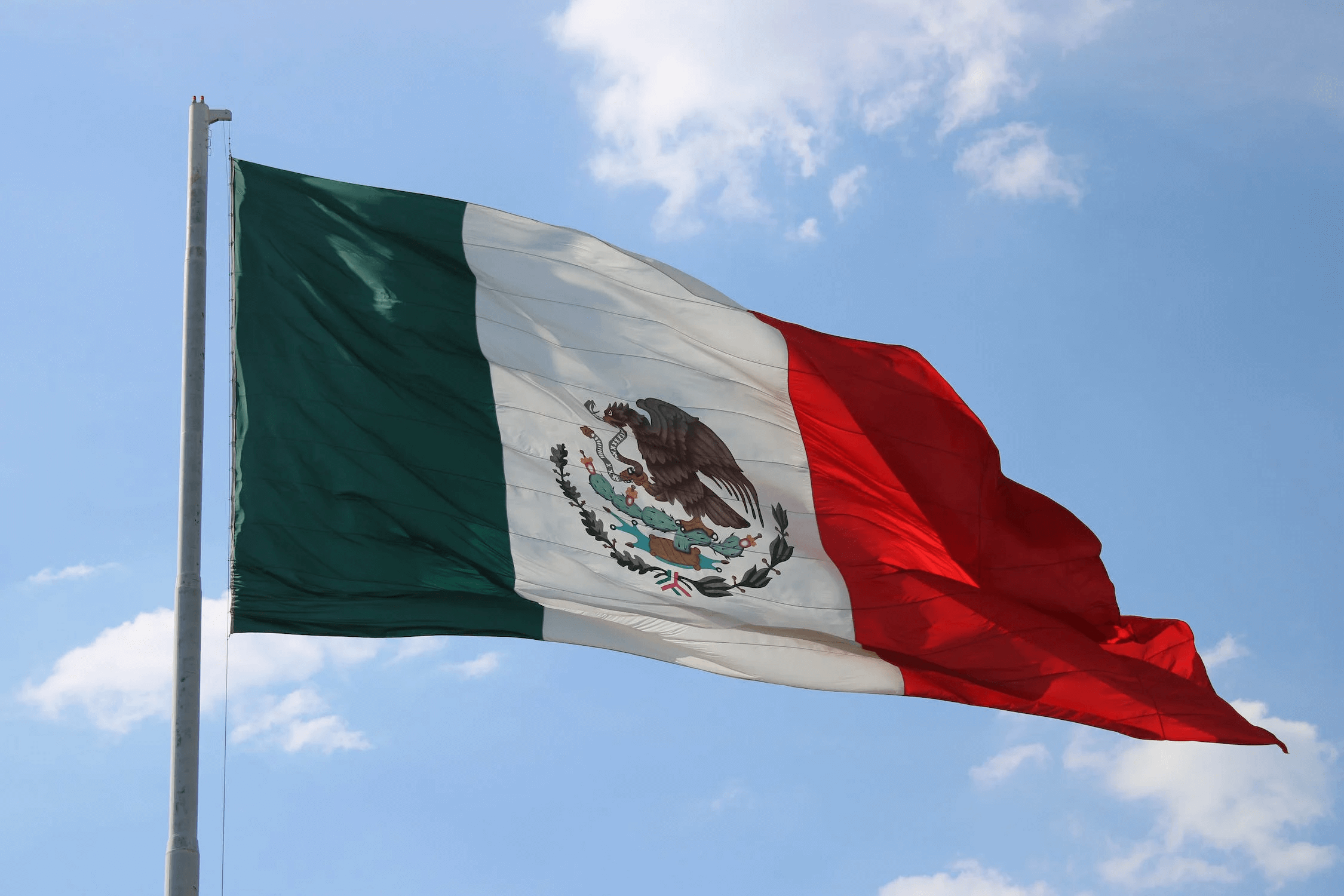Mexico surpasses China as the main exporter to the United States for first time
Photo: Pexels
In 2023, Mexico achieved an economic milestone by surpassing China as the primary supplier of imported goods to the United States, marking the first time in 21 years that China does not hold this position. According to data from the U.S. Census Bureau, Mexican exports reached $4.75 billion, a notable 4.6% increase compared to the previous year. In contrast, Chinese exports to the United States significantly decreased by 20%, totaling $4.27 billion.
This transformative shift in international trade dynamics is attributed to two key factors.
Firstly, the U.S. has actively pursued a distancing of its economy from China, an initiative initiated during the administration of Donald Trump and continued under president Joe Biden. Secondly, Mexico has sought to fill the void created by this distance, leveraging the tools provided by the United States-Mexico-Canada Agreement (USMCA), positioning itself as an attractive destination for companies looking to relocate from China.
The concept of nearshoring has gained prominence in this context as U.S. companies seek alternatives closer to home due to rising labor costs in China and geopolitical tensions between the two. While Mexico has emerged as a key beneficiary of this trend, the complexity of the situation is highlighted, as some Chinese companies have also established operations in Mexico to take advantage of USMCA benefits.
The total U.S. trade deficit experienced a 10% reduction in 2023. The significance of nearshoring for the Mexican economy in 2024 is underscored, but concerns exist about Mexico’s ability to fully capitalize on this opportunity, especially in terms of infrastructure.
Despite the shift in imports from China to Mexico being driven by the trade war and disruptions caused by the pandemic, some analysts suggest that this phenomenon might represent more than a mere one-year anomaly. There is a possibility that it reflects a decline in confidence in China’s economic policies by U.S. companies, which could have long-term implications for the configuration of global supply chains.
In the context of a public hearing on the USMCA, concerns were raised about Chinese car exports from Mexico and their potential impact on the infrastructure and ecosystem of the U.S. automotive sector. Jason Wade of the International United Auto Workers emphasized the need to expand components under the Regional Value Content and other USMCA requirements to ensure compliance with origin rules.
Wade expressed concern about the growing number of manufacturers and suppliers choosing Mexico due to lower tariffs, which could impact the infrastructure and ecosystem developed in the United States. Matt Blunt, President of the American Automotive Policy Council, emphasized the importance of the USMCA in facing the Chinese challenge in the automotive industry, stating that, despite China being the world’s leading vehicle exporter, tariffs have influenced the penetration of Chinese inputs in North American production.

